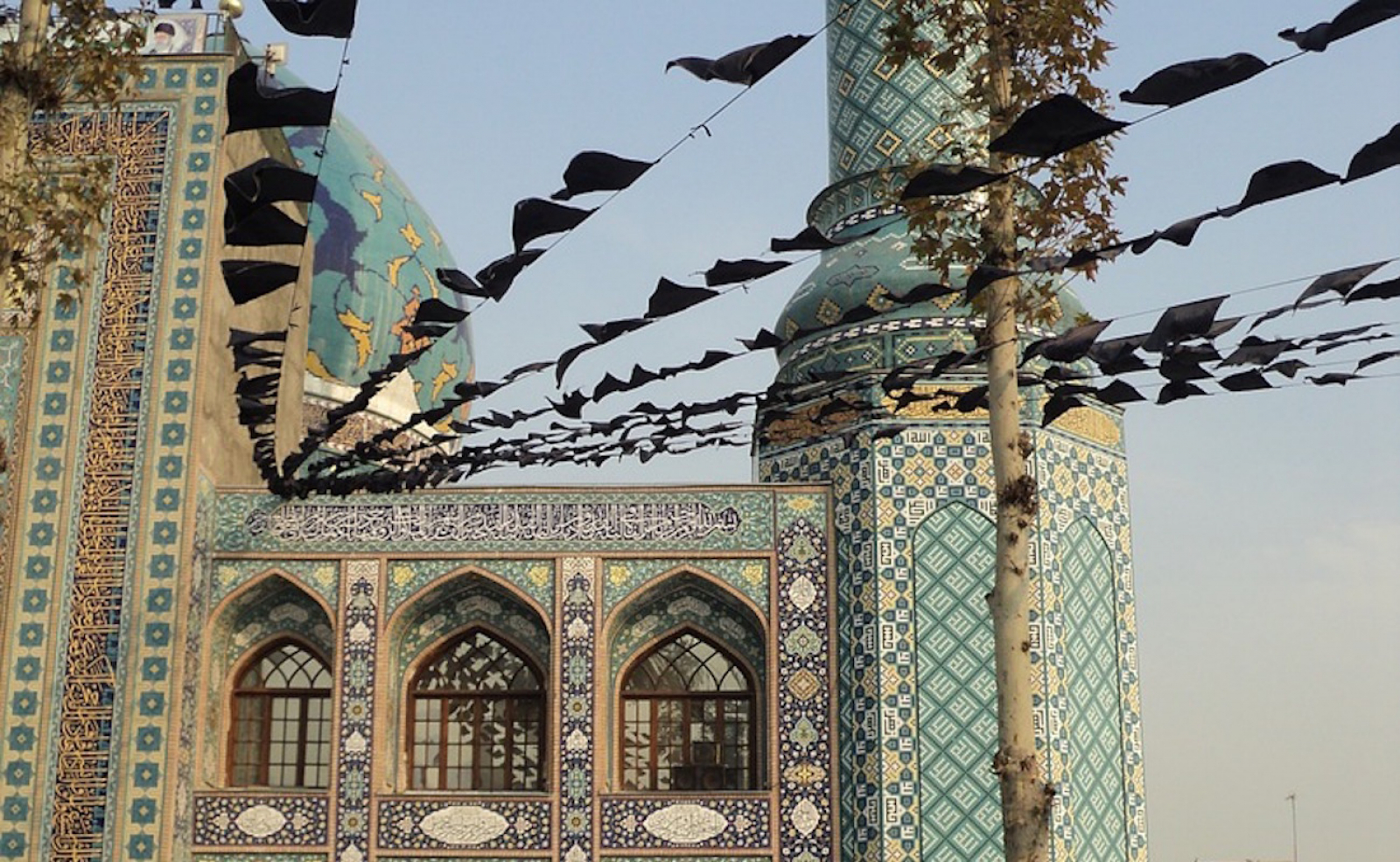You are here

Overview
Iran’s current political system is based on the 1979 Constitution that followed the Islamic Revolution and amendments passed by popular referendum in 1989. While parliament and the president are directly elected, power in Iran is largely consolidated within a few governing bodies. The Supreme Leader, Iran’s highest-ranking political, military, and religious authority, and the twelve-member Guardian Council, an appointed body of legal specialists and clerics, have the ability to veto any legislation they deem incompatible with Shar’ia law.
News and Publications
EXPERTS
Get Involved
NDI's work upholds the idea that democracy is a human right – a principle enshrined in the Universal Declaration of Human Rights. But it's a human right that many around the world still struggle to attain. You can be part of the solution. Join the movement for democracy.